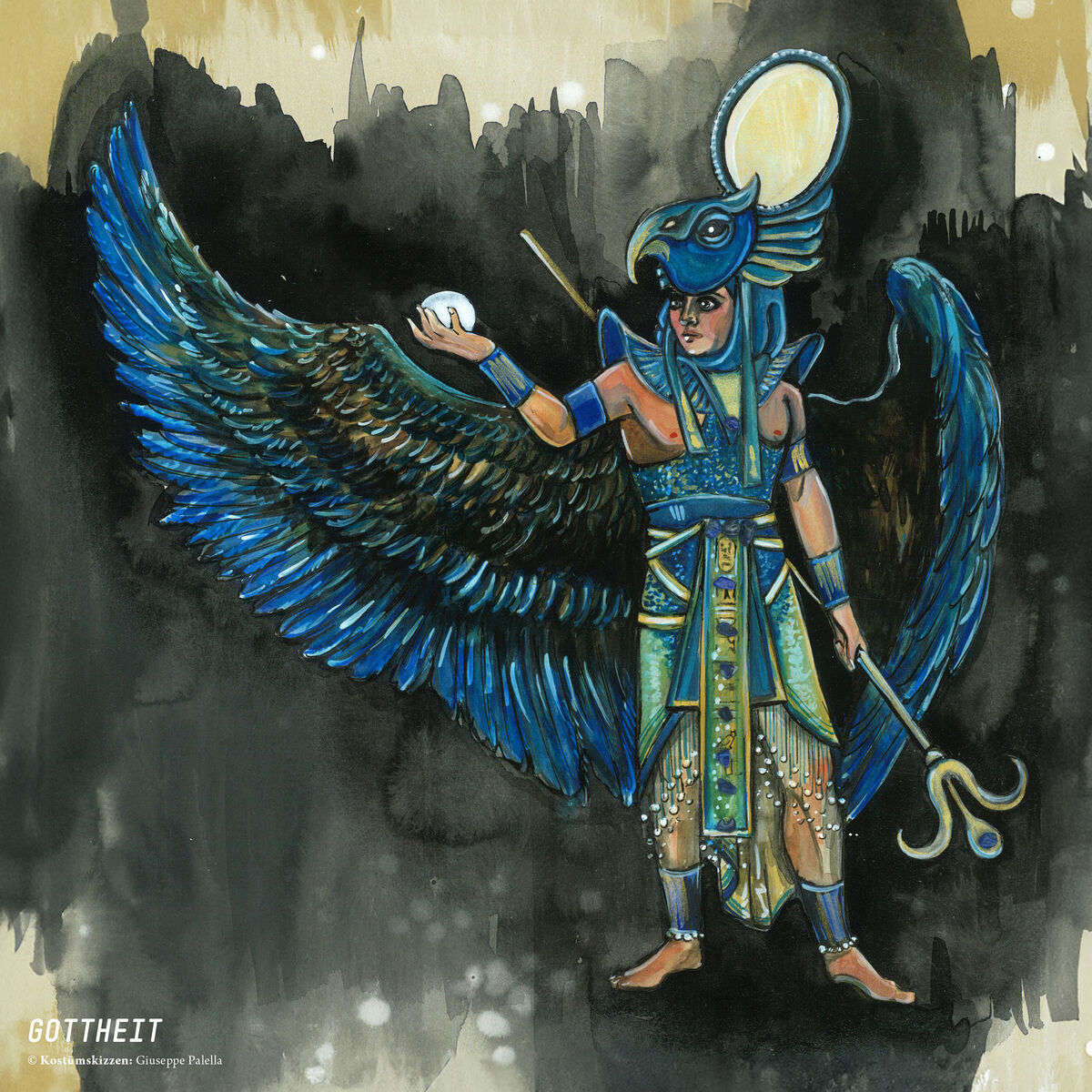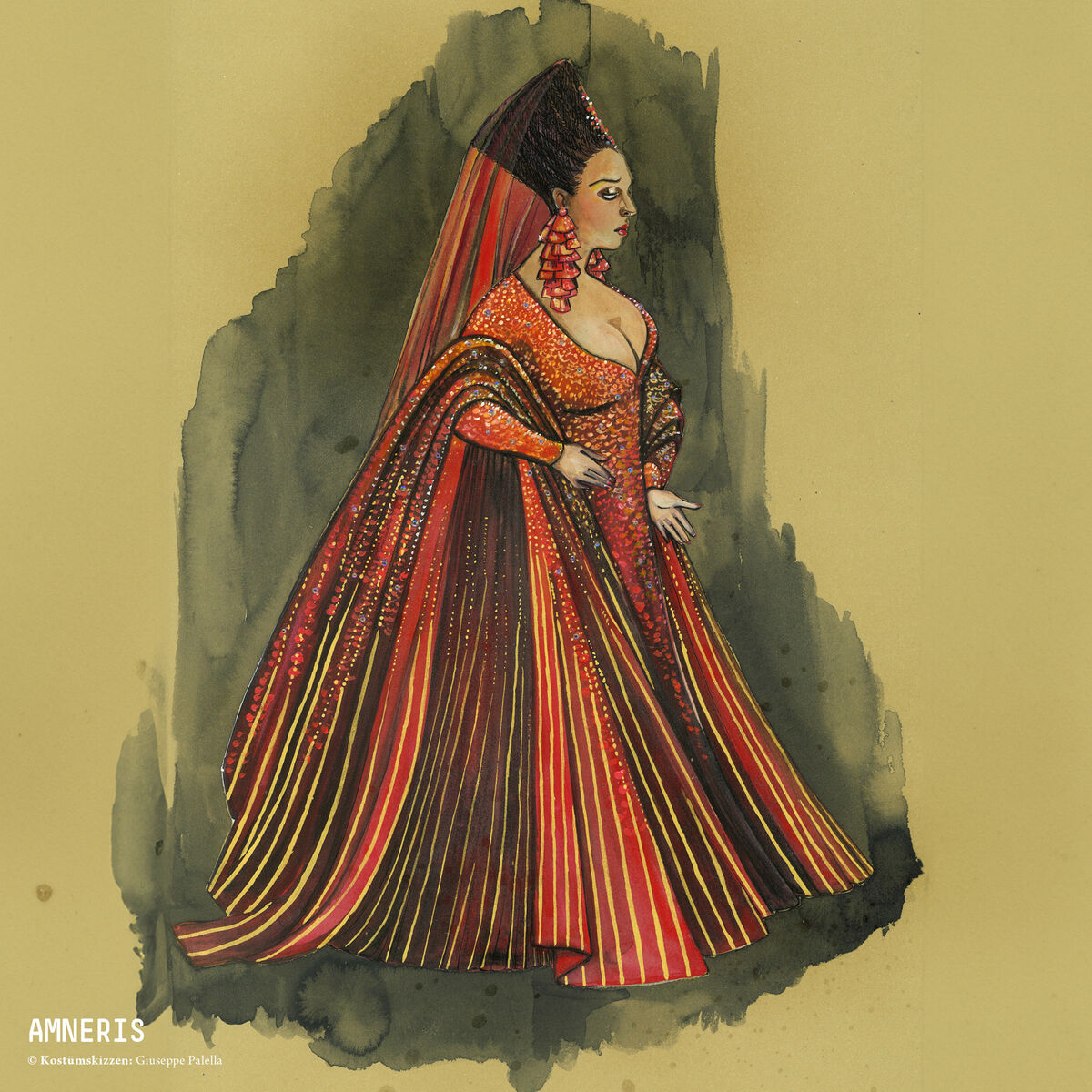Synopsis
Egypt in the time of the pharaohs - a secret, impossible love: the servant Aida and the captain Radames want to spend their lives together, which is not only prevented by their unequal status. The pharaoh's daughter Amneris also has her eye on the handsome captain. And nobody realises that Aida is the imprisoned princess of Ethiopia. When Radames leads the Egyptians into the decisive battle against their fatherland, Aida is faced with an irresolvable conflict of conscience ...
With ‘Aida’, Giuseppe Verdi created a work that is considered by many to be the epitome of Italian opera. Magnificent mass scenes are juxtaposed with almost chamber drama-like moments in which the characters' longings and conflicts become a beguiling sound experience. Mystical incantations in the temple, nocturnal encounters on the banks of the Nile or a glittering triumphal march: Verdi strikes exactly the right rousing note for every mood. With the lyrical arias of Aida, Radame's dreamy romance ‘Holde Aida’ or the opulent Triumphal March, he created immortal earworms and highlights of musical and psychological design.
With its complexity between pomp and chamber drama, ‘Aida’ harmonises in a fascinating way with the unique rocky landscape of the St. Margarethen quarry. Thaddeus Strassberger, who already staged an acclaimed ‘Turandot’ here in 2021, is bringing Verdi's masterpiece to the stage this summer.




